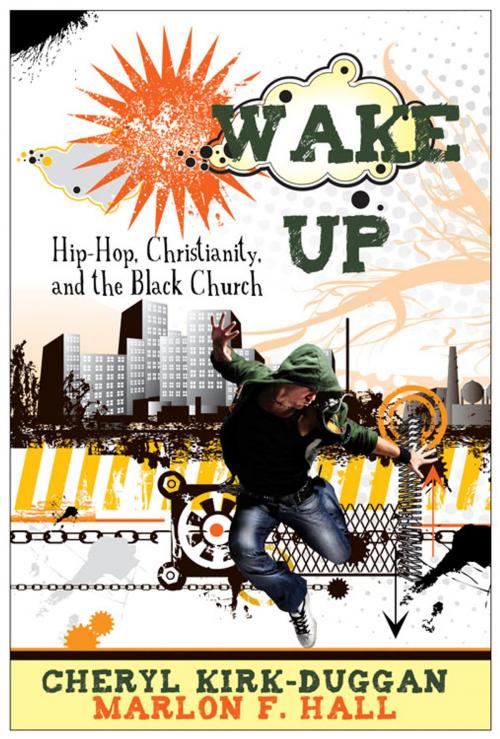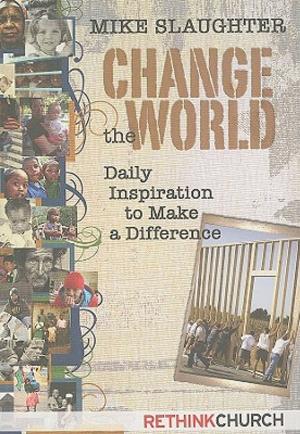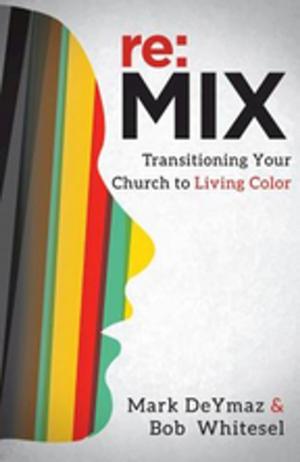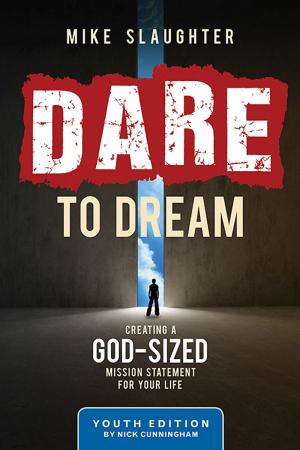Wake Up
Hip-Hop, Christianity, and the Black Church
Nonfiction, Religion & Spirituality, Reference, Ritual & Practices, Christianity| Author: | Cheryl Kirk-Duggan, Marlon F. Hall | ISBN: | 9781426731143 |
| Publisher: | Abingdon Press | Publication: | June 1, 2011 |
| Imprint: | Abingdon Press | Language: | English |
| Author: | Cheryl Kirk-Duggan, Marlon F. Hall |
| ISBN: | 9781426731143 |
| Publisher: | Abingdon Press |
| Publication: | June 1, 2011 |
| Imprint: | Abingdon Press |
| Language: | English |
First an expression of black urban youth, Hip Hop music continues to expand as a cultural expression of youth and, now, young adults more generally. As a cultural phenomenon, it has even become integral to the worship experience of a growing number of churches who are reaching out to these groups. This includes not just African American churches but churches of all ethnic groups. Once seen as advocating violence, Hip Hop can be the Church’s agent of salvation and praise to transform society and reach youth and young adults in greater numbers.
After looking at Hip Hop’s socio-historical context including its African roots, Wake Up shows how Hip Hop has come to embody the worldview of growing numbers of youth and young adults in today’s church. The authors make the case that Hip Hop represents the angst and hope of many youth and young adults and that by examining the inherent religious themes embedded in the music, the church can help shape the culture of hip-hop by changing its own forms of preaching and worship so that it can more effectively offer a message of repentance and liberation.
First an expression of black urban youth, Hip Hop music continues to expand as a cultural expression of youth and, now, young adults more generally. As a cultural phenomenon, it has even become integral to the worship experience of a growing number of churches who are reaching out to these groups. This includes not just African American churches but churches of all ethnic groups. Once seen as advocating violence, Hip Hop can be the Church’s agent of salvation and praise to transform society and reach youth and young adults in greater numbers.
After looking at Hip Hop’s socio-historical context including its African roots, Wake Up shows how Hip Hop has come to embody the worldview of growing numbers of youth and young adults in today’s church. The authors make the case that Hip Hop represents the angst and hope of many youth and young adults and that by examining the inherent religious themes embedded in the music, the church can help shape the culture of hip-hop by changing its own forms of preaching and worship so that it can more effectively offer a message of repentance and liberation.















